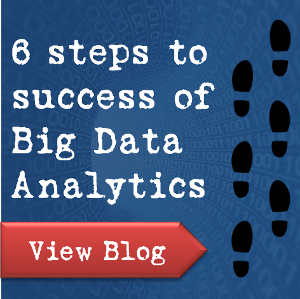We developed technology in such a way that the only way we are going now is up, and the only competition we have is our selves. Technology keeps evolving, our technology and databases development keeps growing as well. Standards have been set today, and it will get better tomorrow.
When developing or reviewing an SQL server database, consultants have these rules. These are the typical and the most common yet the most important part of the development which any DBA and SQL developer already knows, but let’s enumerate them for an impact.
SQL Database Development Rules
- As a consultant I always tell my client to make sure that their database is normalized.
- The database should also be in 3rd normal form.
- To improve performance, you should see t it that the primary keys as well as the foreign keys together with the simple indexes are present.
- Check for regular back up
- Use basic naming conventions for easier organization
- Minimize the result set sizes as well as the data over the wire
Seeing this few simple rules, which there are more which is very specific, you will realize that SQL databases doesn't thrive in haste. When developing an SQL database again you should be able to incorporate the following standards:
- Comply with the best industry standards through the correct and best database architecture.
- Have an in-house team of experts to make sure that the developing process will not be hindered thus problems will be quickly solved.
- Make use of state of the art technology for a faster ROI
The Microsoft SQL Server and Microsoft Access Standards
There are two most trusted technologies in the market that you can trusts. The first of which is the Microsoft SQL server for enterprise level; database platform and the Microsoft Access which is the entry level database of platform.
The Microsoft SQL Server may gain you benefits such as custom database solutions. This will be very helpful in your development process together with the architectural reviews and audits. These also will help you develop some plans for disaster recovery. Other features include BI solutions.
The Microsoft Access can help in developing database applications, in a fast way. It can also help migrate backed database to an SQL server.
Certain companies in the business can also offer you company developed tools which will increase the quality of the solutions as well as the quality of the database development. Look for tools such as SQL Auditor, SQL deploy, SQL total Compare, log explorer, reporting services auditor, etc.
Going back to the rules and other specific rules that aren't mentioned here, they can be implemented easily through some tools and programs.
All of these standards and rules can only be practiced if DBA’s, the developer as well as the consultant is well aware of these things. The trick there is to hire good solutions provider and IT personnel’s. Do survey and research before committing.
Are you well aware of
SQL database development rules? Do you practice certain standards?

 Reggie
Reggie









